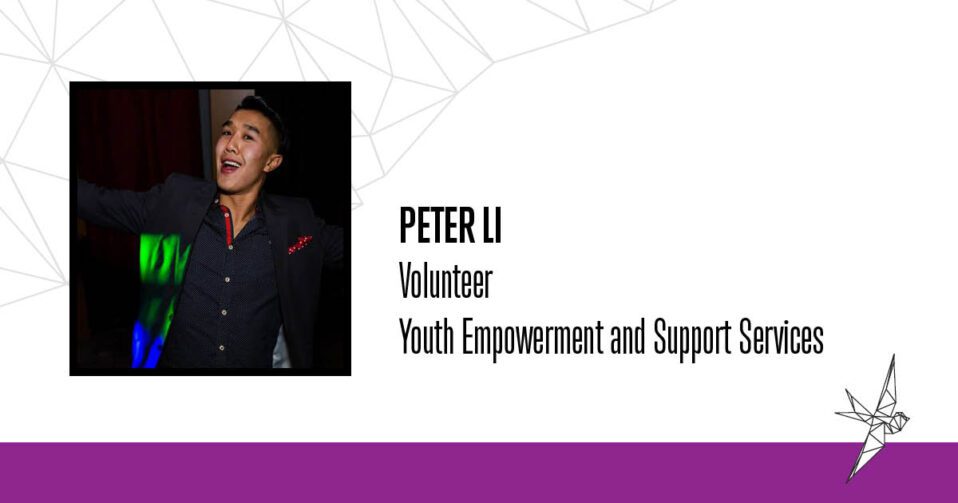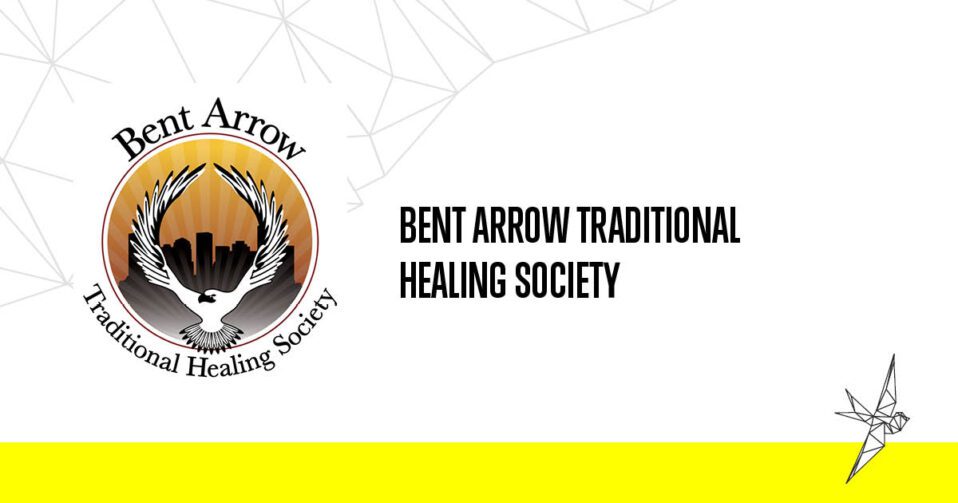Prior to the pandemic, Peter volunteered in our Nexus Overnight Shelter. Though volunteering looks a little different these days, we wanted to catch up with Peter and talk about his focus on mental health.
Tell us a bit about yourself!
I was born and raised in Edmonton. After high school I went to the U of A for Engineering. After the first semester I decided drop out and apply to NAIT for Instrumentation Engineering.
Then after the first year of NAIT I dropped out again to work for a financial education company. I realized school wasn’t for me.
Through that company, I gained confidence in becoming an entrepreneur. So I started a CrossFit gym with a good friend of mine and ran that business for 4 years. Then I started working in marketing and now I have my own marketing agency where I help small businesses increase their sales.
How did you come to volunteer at YESS?
I was a point in my life where a lot of pieces had clicked into place for me. I felt very fortunate to have the resources and time at my disposal. I also knew that there were many people who were in a less fortunate situation than me, so I felt drawn to give back and serve.
I chose YESS because I feel strongly that youth in the age range of 15-21 are at a fork in the road. Especially those who are homeless with no real support system or family to take care of them.
I made a lot of mistakes in my late teens and early 20s and I’ve also learned a lot of information that I feel would be helpful for youth in this age group. I’ve also had many mentors and friends who were 5-10 years older than me. I feel having these people in my life helped shaped the direction of my life in a positive way.
So if I can share some of my experience and knowledge with these youth, hopefully they can choose a more positive path instead of continuing on a downward spiral.
In what capacity do you volunteer at YESS?
Before COVID, I was going into the Nexus shelter two nights a week. I would run book club sessions and meditation sessions for those who were interested.
What benefits do you see from reading and meditation as mental health practices?
With reading, I think of it like this… Someone spends a huge portion of their life (10, 20, 30 years…?) studying a subject. Then spends another few years taking all that knowledge and distilling it into a book that I can read in a week or so. To me, I feel like I’m gaining time because I’m able to leverage someone else’s time to learn a subject or topic that interests me. There’s also a saying I heard that goes “the more you learn, the more you earn,” I’ve seen this play out in my life which is why I’m such an advocate of reading. Plus, by reading I’m also able to expand my vocabulary and give my brain a workout in order to create new neural pathways. It’s like going to the gym, but for our brain.
Now when it comes to meditation… In this day and age there are so many external elements trying to steal our attention. Attention spans these days are shrinking more and more which is kind of scary. The ability for someone to focus seems like a lost art nowadays. That’s one of the reasons why I meditate.
What happens if you don’t take out the garbage from your home and you leave it piling up for weeks or months? The same needs to happen for our mind. There’s so much clutter and noise that I feel it’s important to take the time to sit quietly and “take out the garbage” within our own mind. Give my mind room to come up with new solutions for problems, clear the mental clutter, think clearly, better focus. Less “chasing” and more “being”. Connect back to who we truly are instead of what society tells us we should be.
What is one thing you wish the community knew about YESS youth?
There are many smart and savvy youth at YESS. But unfortunately, due to their circumstances, they’ve had to grow up in pretty harsh and abusive environments. Often I think to myself, “if I went through what they went through, I’d be in the same position….”
Many of us are fortunate enough to grow up in a “normal” environment, whereas a lot of these youth didn’t have that luxury. Before you judge someone based on their looks, status, age, sexual orientation, colour, etc., first put yourself in their shoes and try to feel the pain they went through that brought them to their current situation.
We are not separate, we are all connected… So if one part of the whole is suffering, then we’re all suffering.


